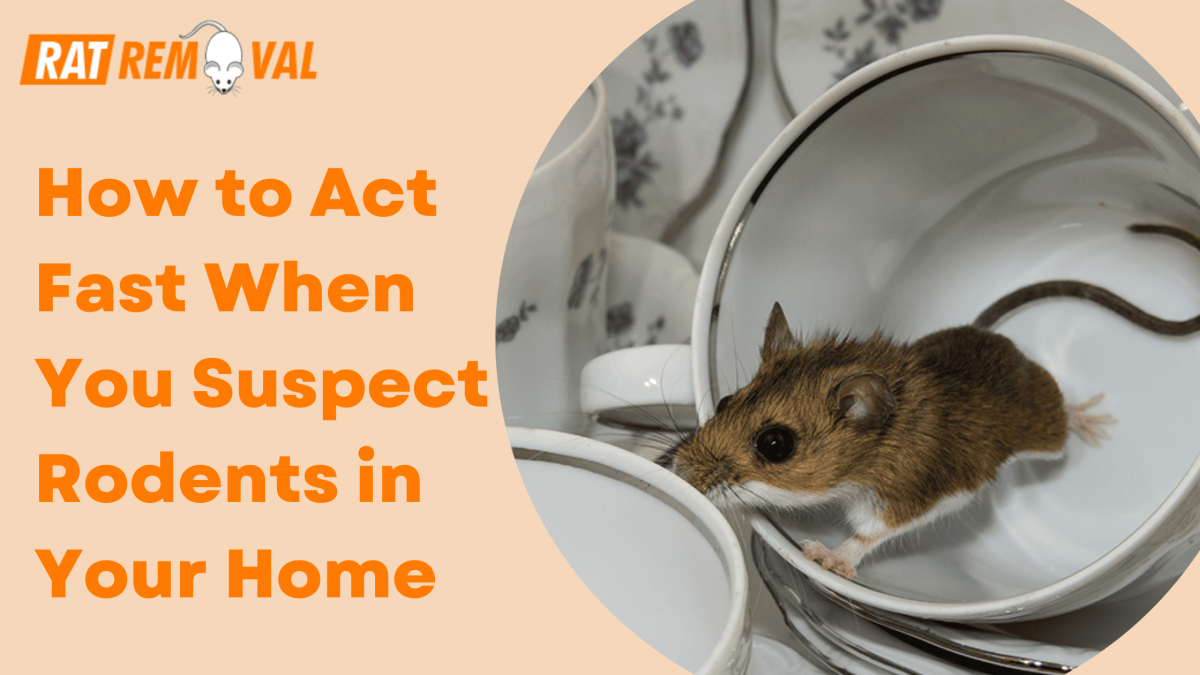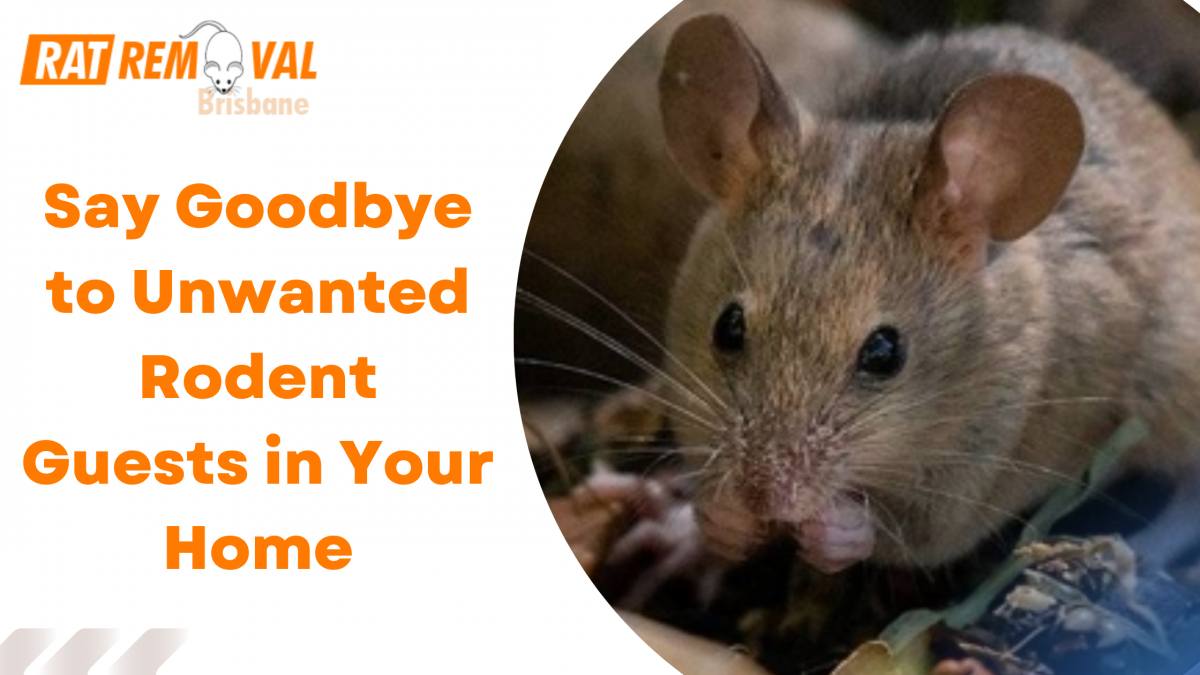Rodents like mice and rats are more than just unwelcome guests. They pose serious health risks and can cause significant damage to your property. Recognizing the signs of an infestation and taking swift action is crucial to maintaining a safe and healthy living environment. This comprehensive guide will answer common questions and provide actionable steps to address rodent issues effectively.
Q1: What are the common signs of a rodent infestation?
Identifying a rodent problem early can prevent a full-blown infestation. Look out for:
- Droppings: Small, dark pellets near food sources, in drawers, or along baseboards.
- Gnaw Marks: Signs of chewing on furniture, wires, or food packaging.
- Nesting Materials: Shredded paper, fabric, or insulation in secluded areas.
- Noises: Scratching or scurrying sounds, especially at night.
- Tracks or Smudge Marks: Greasy trails along walls or floorboards.
If you observe any of these signs, it’s advisable to consult professionals. Search mouse removal near me to find experts who can assess and address the issue effectively.
🛠️ Q2: What immediate steps should I take upon suspecting rodents?
Acting promptly can mitigate the risks associated with rodent infestations. Consider the following steps:
- Seal Entry Points: Inspect your home for gaps or holes, especially around doors, windows, pipes, and vents. Seal these openings using materials like steel wool, caulk, or hardware cloth.
- Set Traps: Use snap traps, live traps, or electronic traps in areas with signs of rodent activity. Bait traps with dried fruit, peanut butter mixed with oats, or cheese. Place traps at right angles to walls where rodents travel, with the bait side facing the wall.
- Remove Food Sources: Store food in airtight containers, promptly clean up spills, and dispose of garbage regularly in sealed bins. Avoid leaving pet food out overnight.
- Maintain Cleanliness: Regularly vacuum and wipe down surfaces to eliminate crumbs and food particles.
For persistent issues, it’s advisable to consult professionals. Search rodent removal near me to find experts who can provide effective solutions.
Q3: Are natural repellents effective against rodents?
Certain natural substances can deter rodents. Peppermint oil, for instance, can be applied around entry points and common rodent pathways. Other natural deterrents include ammonia, mothballs (used with caution), and plants like lavender and rosemary. However, these methods may not be sufficient for significant infestations. In such cases, professional intervention is recommended. Search mouse pest control to connect with experts who can provide comprehensive solutions.
Q4: When should I seek professional help?
If you notice signs like droppings, gnaw marks, or unusual noises, it’s time to consult professionals. Search mouse removal near me to connect with experts who can assess and address the issue effectively.
Q5: Can rodents affect my health?
Yes, rodents can carry diseases like hantavirus, leptospirosis, and salmonella. Their droppings, urine, and hair can contaminate food and surfaces, increasing health risks. Quick removal is essential. Search mouse removal near me to get in touch with Mouse Removal Services Brisbane for safe, effective cleanup and control.
Q6: How often should I inspect my home for rodent activity?
A monthly inspection is ideal, especially during colder months when rodents seek warmth indoors. Look for droppings, chew marks, and nests. Early detection helps prevent infestations. For thorough assistance, search mice pest control to reach professionals who can ensure your home stays rodent-free.
Q7: What makes professional pest control more effective?
Professionals use specialized equipment, advanced techniques, and targeted treatments that DIY methods can’t match. They also identify hidden entry points and nesting areas. For lasting results, search rodent removal near me to find certified experts who can provide reliable, long-term rodent control solutions.
Conclusion:
Rats and mice pose significant health and structural risks. Implementing preventive measures and seeking professional assistance when necessary ensures a safe and rodent-free environment.


